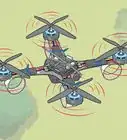X
wikiHow is a “wiki,” similar to Wikipedia, which means that many of our articles are co-written by multiple authors. To create this article, 11 people, some anonymous, worked to edit and improve it over time.
This article has been viewed 149,659 times.
Learn more...
Building your own airstrip is complex and would ordinarily take more space than is normally available in a wikiHow article, so this article will limit itself to the basics only, while giving links to more in-depth sources below.
Steps
Method 4
Method 4 of 4:
Preparations for Construction
-
1Clear entire area.
-
2Completely remove roots of trees and shrubs.
-
3Fill in low areas.
-
4Eliminate any breaks in grade or surface mounds as well as any ditches.
-
5Fill in and compact the soil in any animal burrows.
-
6Remove any obstructions at the ends of the strip. Power lines, trees, etc should be removed, lowered and/or lighted.
-
7Grade the strip 6 inches (15.2 cm) higher in the middle to improve drainage. Stabilize with topsoil and grass seeding if necessary.
-
8Mark airstrip boundaries in such a way as to be visible from the air.
-
9Install a wind cone or tetrahedron and mark a circular area around it to draw attention to it from the air.
-
10Create a tie-down area away from the airstrip.
Advertisement
Community Q&A
-
QuestionHow long does a runway need to be for small aircraft (Cessna, Piper etc.)?
 Community AnswerCessnas are infamous for being able to land and takeoff with relatively short runway space, and I've landed a Cherokee 140 in 600ft on grass, and been back airborne in about 550.
Community AnswerCessnas are infamous for being able to land and takeoff with relatively short runway space, and I've landed a Cherokee 140 in 600ft on grass, and been back airborne in about 550. -
QuestionHow far from the end of the runway can residential structures be?
 Community AnswerIndividual restrictions might vary depending on the state, county, or specific land used, so I would check with your local government to be sure.
Community AnswerIndividual restrictions might vary depending on the state, county, or specific land used, so I would check with your local government to be sure. -
QuestionWhat type of grass is used on a grass runway?
 Community AnswerAny grass will do. It's the soil that is important as stated in the article.
Community AnswerAny grass will do. It's the soil that is important as stated in the article.
Advertisement
Warnings
- This information is gleaned from multiple web sources. (see below)⧼thumbs_response⧽
Advertisement
Things You'll Need
- Flat, barrier free, acreage in line with prevailing winds.
- Money
- Earth moving equipment
- Windsock or tetrahedron
- Access to local roads and buildings.
- FAA permission
- Possibly State and Local permission.
About This Article
Advertisement
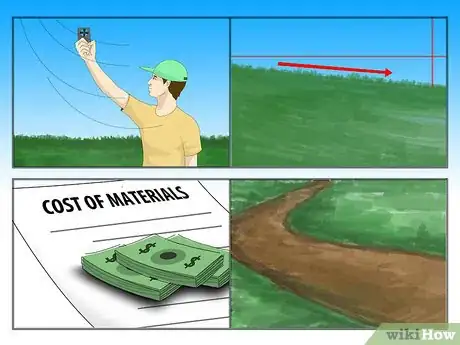
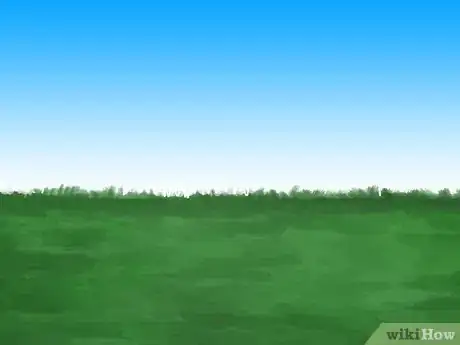

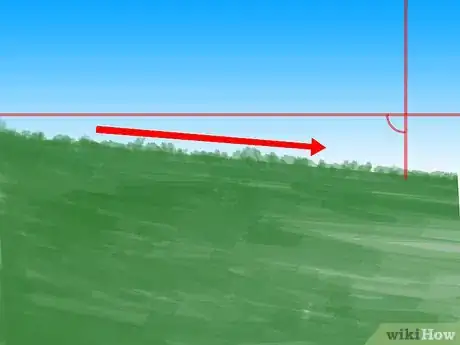

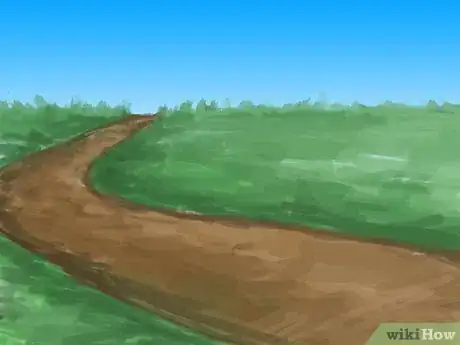
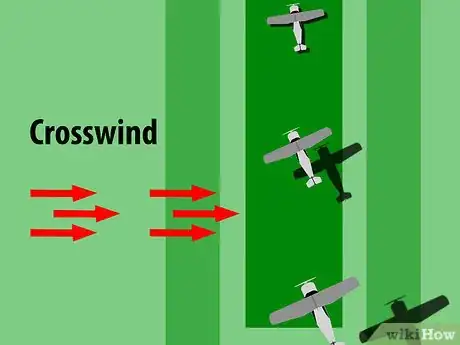

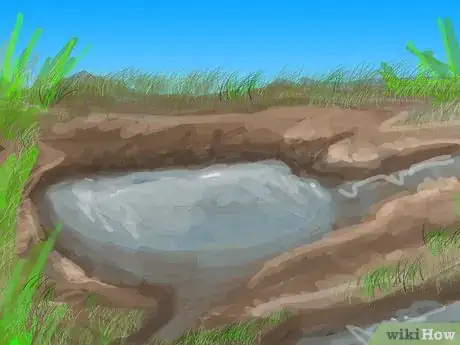
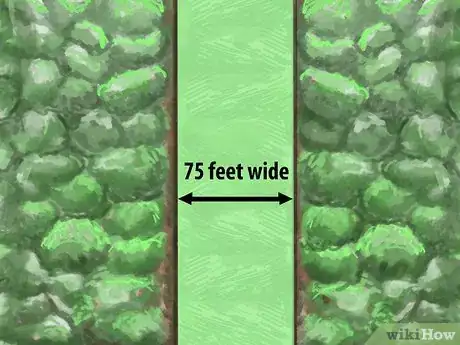
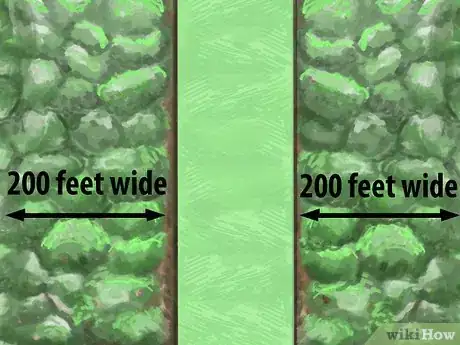
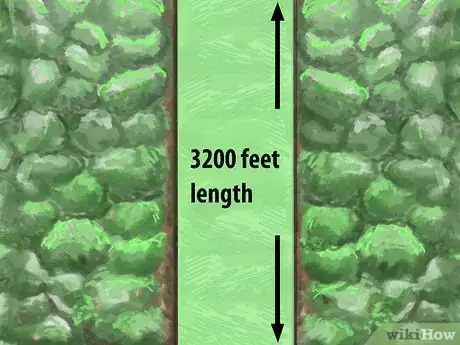

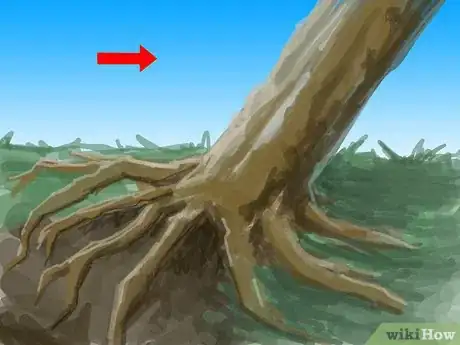
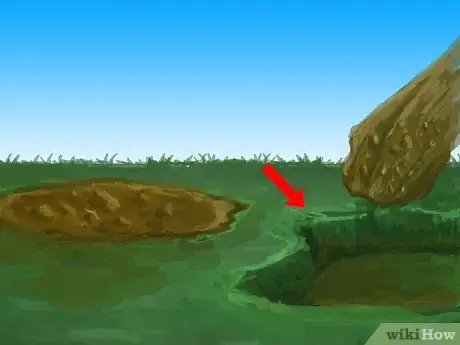


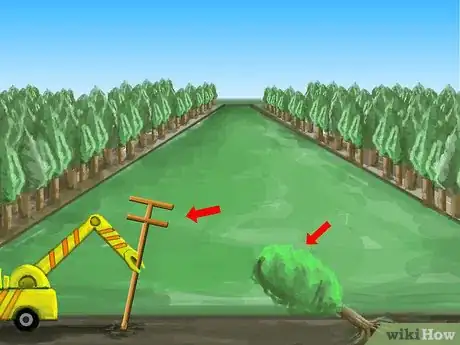
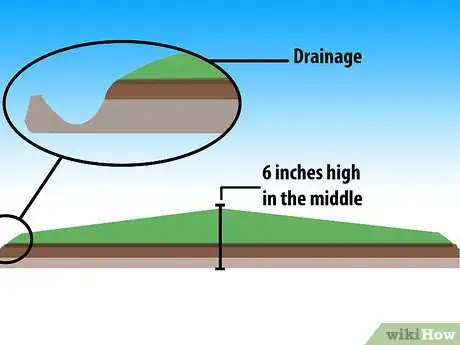
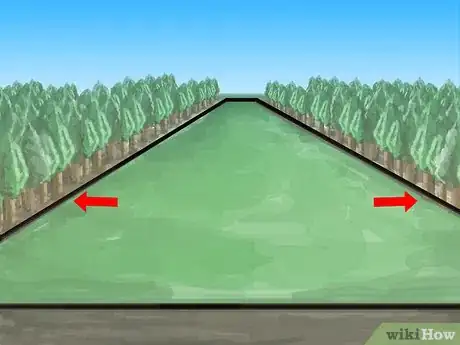
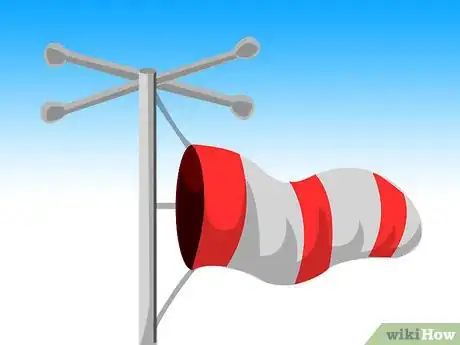
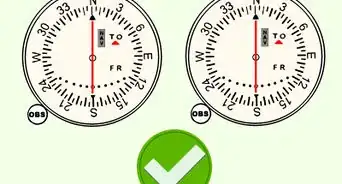


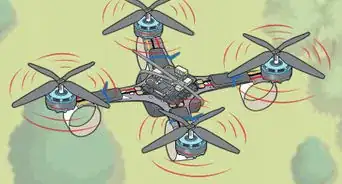
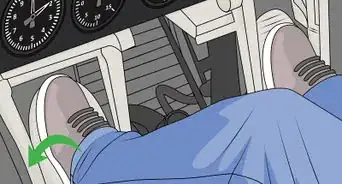

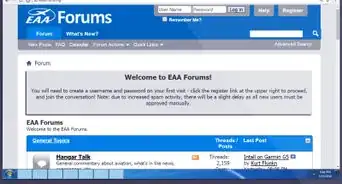



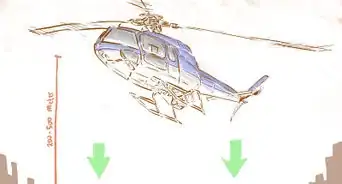


-Step-15.webp)









